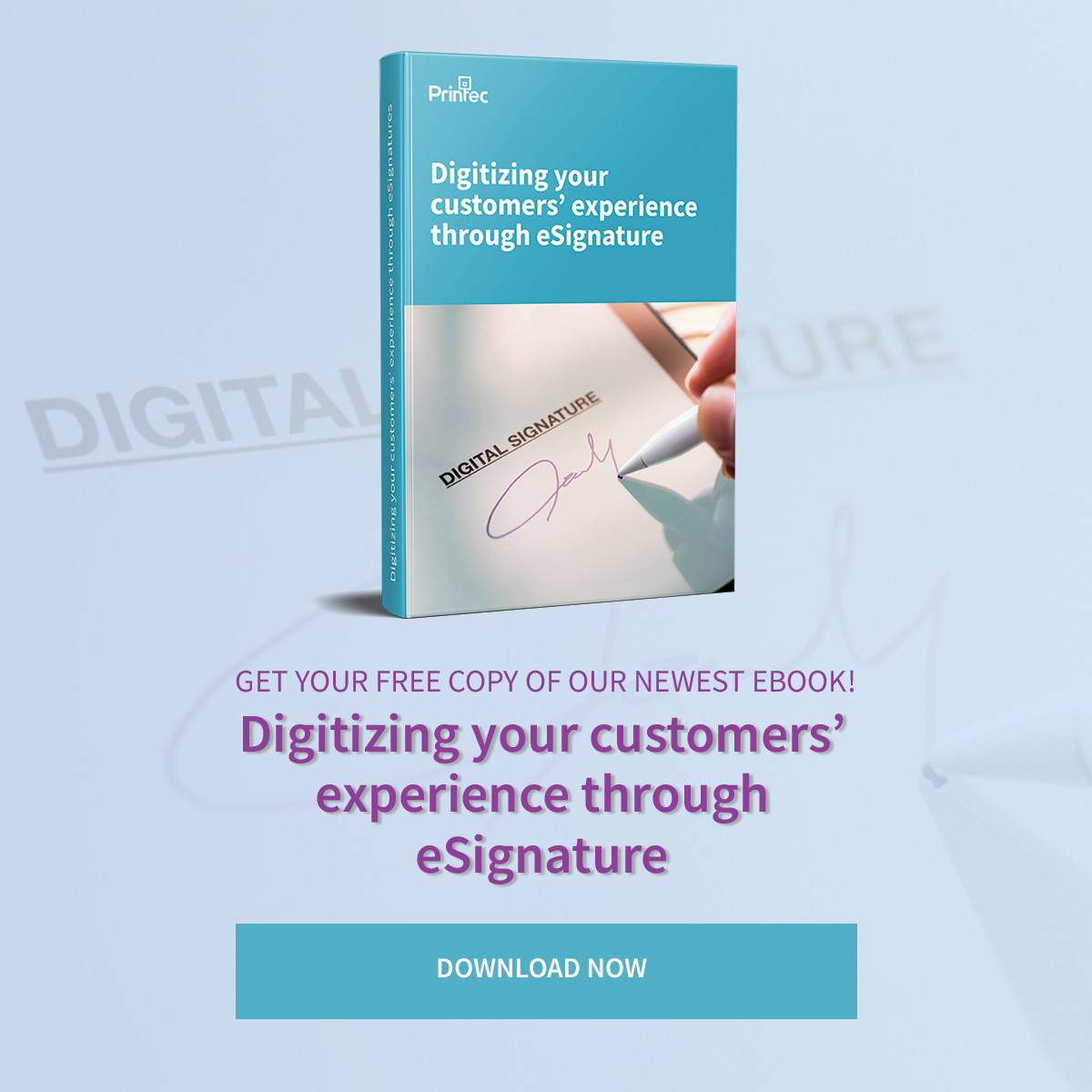
Definition:
Open Banking is the part of financial technology that refers to:
- The use of open APIs that enable third-party developers to build applications and services around the financial institution.
- Greater financial transparency options for account holders ranging from open data to private data.
- The use of open-source technology to achieve the above. (Wikipedia, May ’19)
Open Banking is not important only for banks: it affects governments, other financial organizations and end users (consumers). It represents the future of the Fintech services, and this future is happening now.
PSD2 (Payment Services Directive) is directly connected to the open banking concept and was created with the purpose to open up the markets, encourage competition and innovation and give customers the right to access their data easily and securely. This legislation was introduced in 2016 and will be in full force during 2019, establishing that Open Banking will offer access to all customer account data and payments infrastructure within the European Union.
The main objectives set by the new legislation are to:
- Standardize the payments in Europe
- Remove existing barriers
- Promote cross-border competition between payment services
- Strengthen the European internal market
- Drive the digital payment transformation
Yet, in the banking world opinions are shared. According to the 2016 European Survey by PWC Strategy, European banks executives revealed a mixed, but mostly negative PSD2 perception:
- 88% expect PSD2 to have an impact on their business
- 84% expect strategy changes due to PSD2
- 68% feel they will be weakened as a result of PSD2
- 68% are concerned about losing control of their customer interface
- 52% think there will be a risk of liability problems
(Source: Printec research expertise)
Still, the most captivating thing about Open Banking is the endless possibility for innovation. Consumers and businesses already have access to products that are better adapted to their needs, can get personalized offerings and benefit from automation through the increased availability of data for their decision making.
Banks are slowly realizing that they need to work towards improving their customers’ journey; but the concept of customer experience in banking is being realized slowly, while at the same time Fintech companies are investing in it already and are gaining more customers and a bigger slice of the financial services pie.
In the end, banks will need to decide if they will follow the open banking concept because they must (compliance-driven) or if they will treat it as a business opportunity that will allow them to reach out to their customers - individuals and businesses - and provide more value-adding services (revenue-driven). Those that will choose the latter are more probable to find business success and a sustainable business model for the future.








